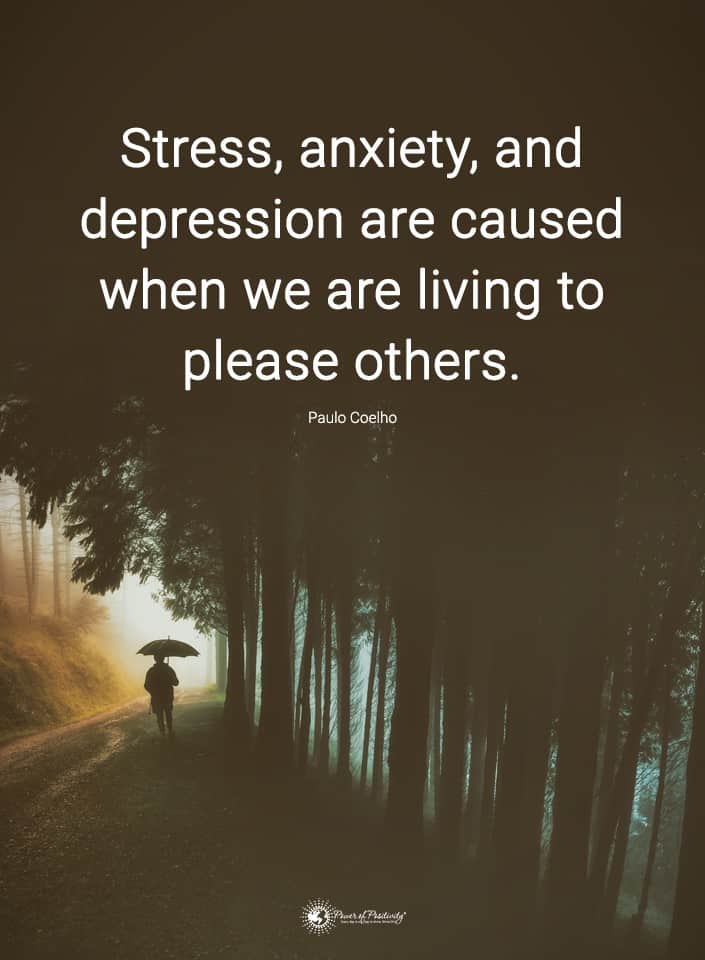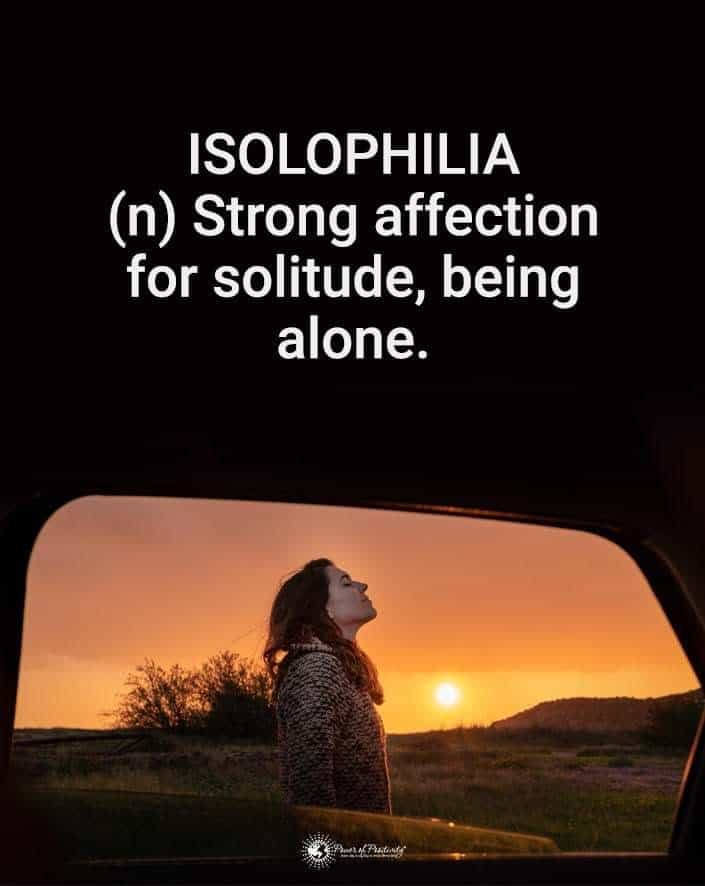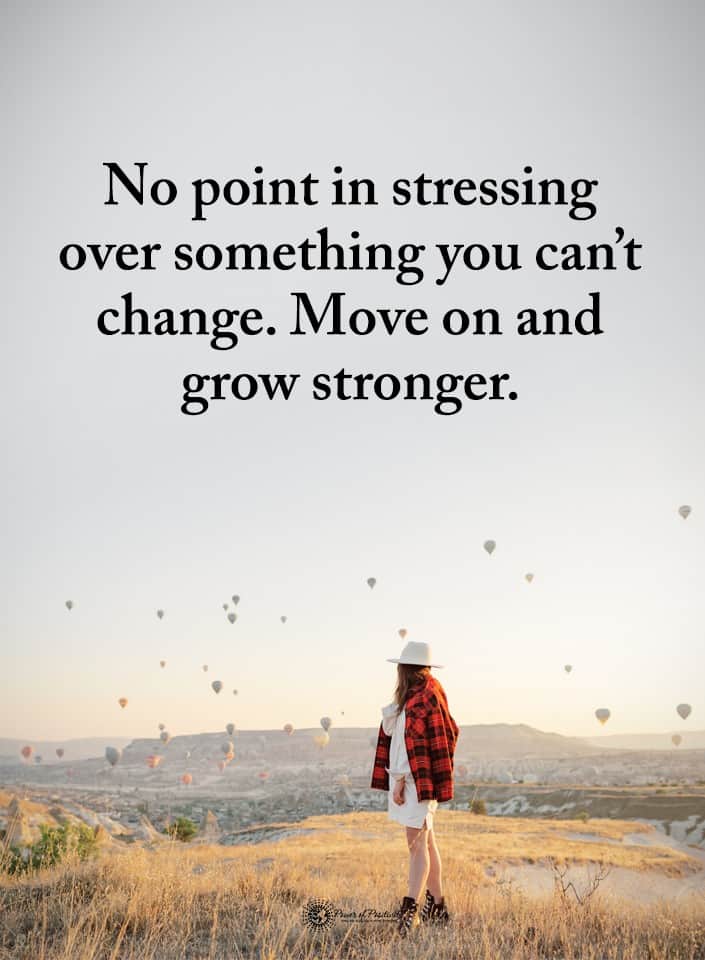Introverts avoid stressful experiences whenever they can, but they steer clear of some situations more than others. Stress tends to make them feel like they’re drowning because they’re often already on edge. They are more susceptible to emotional exhaustion and anxiety, making it necessary to avoid what they can.
Many normal experiences for other people aren’t so easy for introverted people. They are extra sensitive to situations that might cause stress. Even the idea of a stressful experience can trigger an introvert, and they’ll be anxious before it even begins.
Stress affects your life whether you’re an introvert or extrovert, so you’re not alone either. However, introverted people handle many situations differently because their minds are more prone to burnout and overwhelm. Some experiences that are fun for others make them feel overly stressed and anxious pretty quickly.
Knowing which stressful experiences an introvert will avoid can help you make it easier. Whether you are an introvert or know an introvert, knowing which situations might cause the most stress is essential. Then, you can learn how to make the situation easier when it’s unavoidable.
Why Stressful Experiences Impact Introverts More Than Others
Stress isn’t good for anyone, but it affects introverted people more than others. It affects them more because their external environment overstimulates them. They often suffer from anxiety, especially when put in uncomfortable situations.
Introverts are typically highly sensitive people (HSPs), and life can quickly overstimulate them. Plus, they feel things deeply, causing them to take on the stress and pain of others. They require a quiet, calming place to relax and recover from stressful experiences.
What It Means to Be an Introvert
Introversion became a common phrase when psychologist Carl Jung described it as being internally focused on thoughts and feelings. Extroverts are the opposite, focusing on people and activities around them. It’s often confused with being shy, but it’s more about becoming overstimulated.
Introverted people prefer to analyze events, feel more energetic alone, and quickly become overwhelmed in crowds. They require less external stimulation than extroverts and prefer calm environments.
Being an introvert also means having a different work style than others. They prefer to work on one task at a time without being interrupted.
Many people believe introverted people aren’t sociable but can be in the right situation. They don’t thrive in large groups but love spending time with one or two close friends or loved ones. Because they prefer to listen and think before expressing themselves, they often do it better in writing.
The Qualities of an Introvert
A popular misconception of introverted people is that they lack self-confidence or self-esteem. However, while that is sometimes the case, it isn’t always true. Instead, they often display the following traits:
- Quiet in social situations
- Absent-minded
- Difficulty expressing ideas clearly
- Frequently getting lost in thought
- Pausing before answering
- Observing their surroundings acutely
- Disliking surprises
- Overly sensitive to sounds, smells, sights, and pain
- Discomfort when being observed or judged
- Creativity
- Empathy
- Strong conscience
- Disliking violent TV shows or movies
- Feeling emotions intensely
- Preferring one-on-one conversations
- Enjoying alone time
- Wanting to work alone without interruptions
- Good listener
- Becoming exhausted during or after social gatherings
Stressful Experiences an Introvert Will Always Attempt to Avoid
Introverted people find many situations overwhelming, but there are stressful experiences they always avoid. If you or someone you know avoids many of these situations, it’s a sign of introversion.
1. Dealing with People Without Time to Decompress First
Without time to decompress, dealing with people can be hard. If they had to work with coworkers or customers during the day, they likely won’t want to go out without heading home for some quiet time first. They might not want to head back out afterward, as they’ve already experienced enough stress for the day.
Introverted people must have quiet and calm before dealing with people. They like to get places early so they can sit alone for a moment, even in the car, before socialization begins.
2. Time Pressure and Other Daily Stressful Experiences
Time pressure can quickly cause anxiety, leading to extreme overwhelm and emotional exhaustion. It can cause introverted person to shut down, standing in the way of their productivity and success. They like to work at their own pace and get things done quicker because they aren’t as stressed.
If they know a task has a deadline, they’ll need to start on it immediately. Introverted people avoid putting things off until the last minute to prevent the stress from piling up.
They also avoid other daily stressors that interfere with their peace of mind. The daily pressures of work, general interaction, and multitasking can sometimes be too much for them.
3. Speaking in Front of a Crowd
Introverted people avoid public speaking or speaking in front of a large crowd. It’s one of the most stressful experiences, even when they prepare. They often forget many points they want to make and mess up their speech.
They are better at having conversations with small groups in more relaxed settings. Then they will be confident to hold a meaningful discussion and share their knowledge.
4. Social Events Are Some of the Most Stressful Experiences for Introverts
While introverted people enjoy quiet evenings with close friends, they don’t want anything more than that. They don’t often want to venture out of their home and attend crowded social events.
Crowded spaces trigger anxiety because of all the actions, sounds, and other sensory aspects. It quickly leads to overwhelm and causes their stress to rise. They’ll avoid weddings, parties, large get-togethers, and other events whenever possible.
When they do have to go out, they avoid talkative people. They’d prefer to reflect on their surroundings than engage in conversation with people who don’t stop talking.
5. Being in the Spotlight
Introverted people never want to be the center of attention. When they have to be in the spotlight for any time, their anxiety continues to rise until it’s over. They aren’t comfortable with everyone looking at them, so they avoid it at all costs.
If they’re asked unexpectedly to give ideas in front of everyone at work, they’ll likely freeze up. They’ll have good things to say but can’t respond adequately. Some of the situations they’ll avoid that put them in the spotlight include speeches, job interviews, presentations, or recognition.
6. Staff Meetings and Networking Events
Staff meetings are hard because introverted people don’t want to discuss their job. If they know how to do their job well, they don’t want other people giving opinions on it.
They want to work on it in private and keep it the way they like it. Plus, they don’t want anyone asking questions that put them on the spot or force them to explain how they do things.
Networking events are typically even worse, as they require so much out of a person. There’s food and drinks, small talk, lots of noise and people, and too much going on at once. It’s sure to make an introverted person feel like shutting down.
7. Saying Goodbye Is One of the Most Stressful Experiences
Goodbyes are hard for introverted people because they become attached to people they care about. When they know they won’t see someone for a while, it’s hard for them to say goodbye. They avoid saying goodbye by resisting becoming attached in the first place. Introverted people don’t open up easily because they fear losing someone they love and having to say goodbye.
8. Working in an Open Office or Participating in Group Projects
Introverted people prefer working alone. They don’t enjoy an open office because there’s too much noise and too many interruptions. The interruptions make them feel stressed and overwhelmed when they’re trying to focus.
Introverted people also don’t like group projects because they come with lots of drama. They prefer to do tasks alone and ensure they get done the way they like. Plus, they don’t want to deal with others as they work.
9. Unannounced Visitors
It’s never a good time for an introvert when visitors unexpectedly show up at their home. They feel uncomfortable when people don’t call before showing up, and they might avoid answering the door. Introverted people require time to prepare mentally for company, or it causes exhausting stress.
10. Giving Negative Feedback
Introverted people struggle with giving negative feedback for a few reasons. First, it triggers their empathetic nature, making them not want to have the conversation. It also causes stress because, even with preparation, the words never seem to come out as they’d hoped.
Final Thoughts on Ten Stressful Experiences an Introvert Will Always Avoid
There are many stressful experiences an introvert will try to avoid, but it isn’t because they’re shy or antisocial. They enjoy spending time alone to decompress, but they also like getting together in small groups.
Understanding the mind of an introverted person will help you whether you’re an introvert or know someone who is. Learning why they behave as they do will help you adapt to the mindset and see the differences as strengths instead of weaknesses. Don’t be alarmed or offended when someone avoids a situation with you because there’s likely a valid reason for it.




















